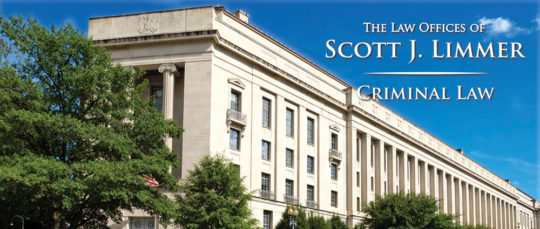According to a new report by the American College of Trial Lawyers (ACTL), university students accused in campus hearings of sexual misconduct are “deprived of their fundamental fairness,” and procedures set by colleges and universities in response to a legal mandate enforced by the federal Department of Education’s Office of Civil Rights (OCR) are in need of serious improvement.
An invitation-only organization of distinguished trial advocates, ACTL assembled a five-member task force of prominent litigators to assess how well or poorly universities and colleges are responding to allegations of sexual violence. A mandate in a 1972 federal education gender-based bias law, known as Title IX, requires higher-education institutions to investigate and, when warranted, hold hearings in response to complaints of sexual harassment or violence by students or employees.
Especially during the Obama administration, OCR has issued regulations and interpretive guideline expanding how it believes schools should handle Title IX investigations. Institutions judged to be out of compliance with the mandate can be fined by OCR and risk having all their federal funds cut off, including federal-guaranteed scholarships. The ACTL report says the government’s significant enforcement powers can put academic administrators in a bind that amounts to a conflict of interest, in which they run the risk of serious financial penalties for providing better protection of student rights.
The ACTL report also notes some schools have adopted procedures for investigations and hearings that have drawn protest from faculty at affiliated law schools. At Harvard, more than two dozen law school teachers protested the university’s procedures for Title IX cases as lacking the “most basic elements of fairness and due process” and being “overwhelmingly stacked against the accused.”
Styled as a task force’s “white paper” on campus sexual assault investigations, the ACTL report notes state and federal courts are receiving growing numbers of lawsuits filed by students accused or investigated in Title IX proceedings, and some decisions question whether colleges and universities are providing adequate protection of individual constitutional rights. The white paper’s authors maintain OCR’s regulations for colleges have acted to impose on U.S. higher education an “investigative and adjudicative system that does not ensure basic fairness for accused students.”
The white paper argues, to ensure basic fairness, students facing Title IX investigations or hearings should receive these seven elements: a process careful to maintain an appearance of impartiality, detailed information on charges and the right to counsel, the right to be accompanied and advised by counsel at all stages, timely access to evidence, some form of cross-examination of witnesses, written findings of fact of an investigation or hearing is over detailed enough to allow appellate review, and a “clear and convincing” standard of proof.
The last item, the standard of proof, is a much-criticized part of the OCR’s regulations. OCR currently requires colleges and universities to use the far lower “preponderance of the evidence” standard, essentially meaning all that is needed for the accused student to be held responsible is for the complainant to have any edge in credibility, no matter how slight — significantly short of what would be needed for a finding of “clear and convincing” evidence, and even further below the standard for criminal cases, a presumption of innocence and evidence beyond a reasonable doubt.
